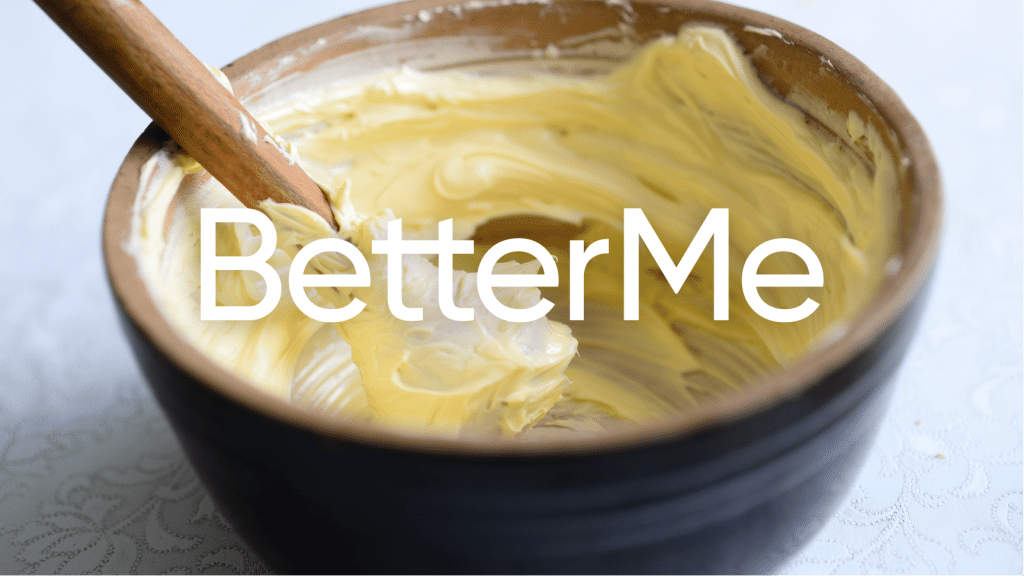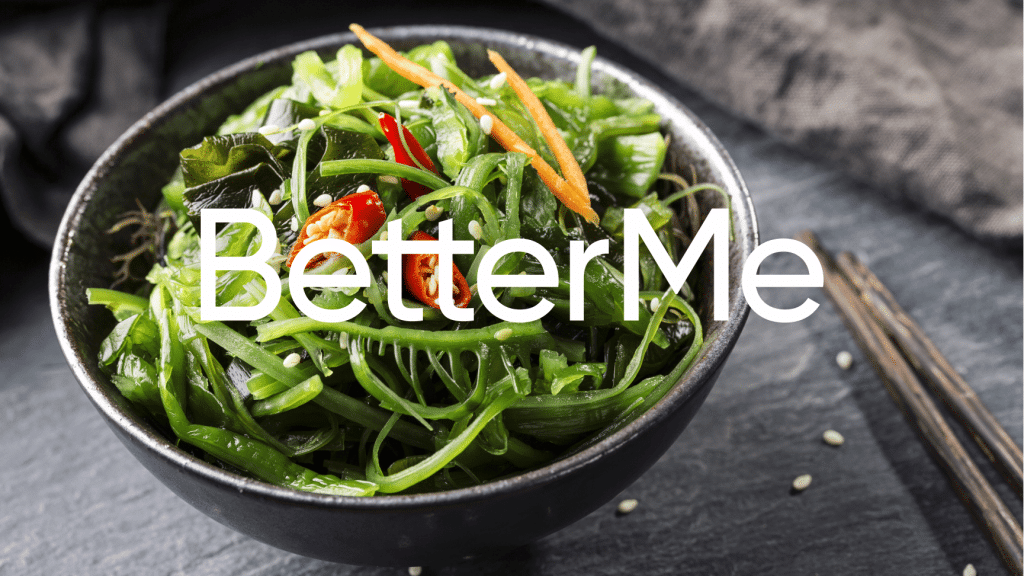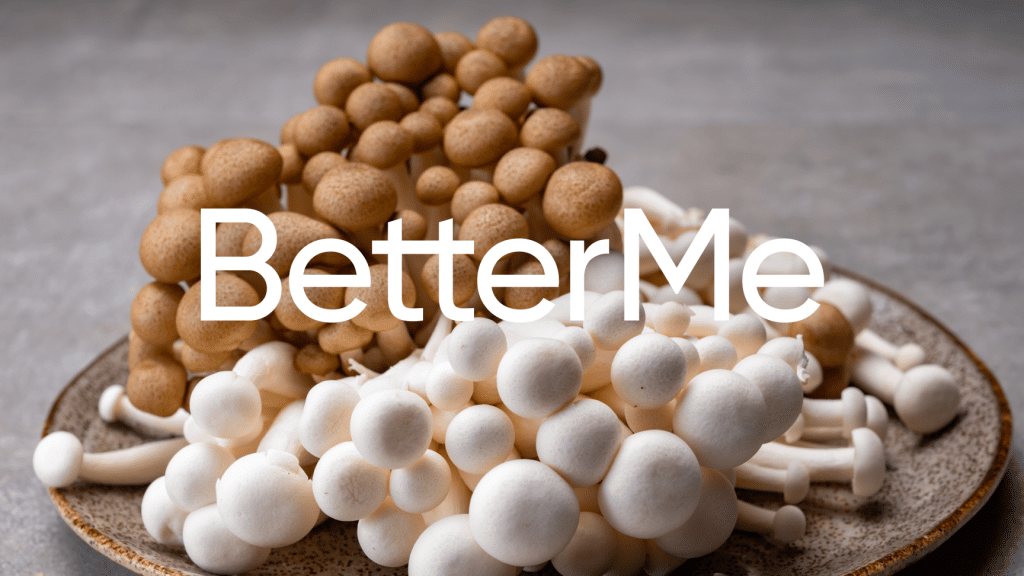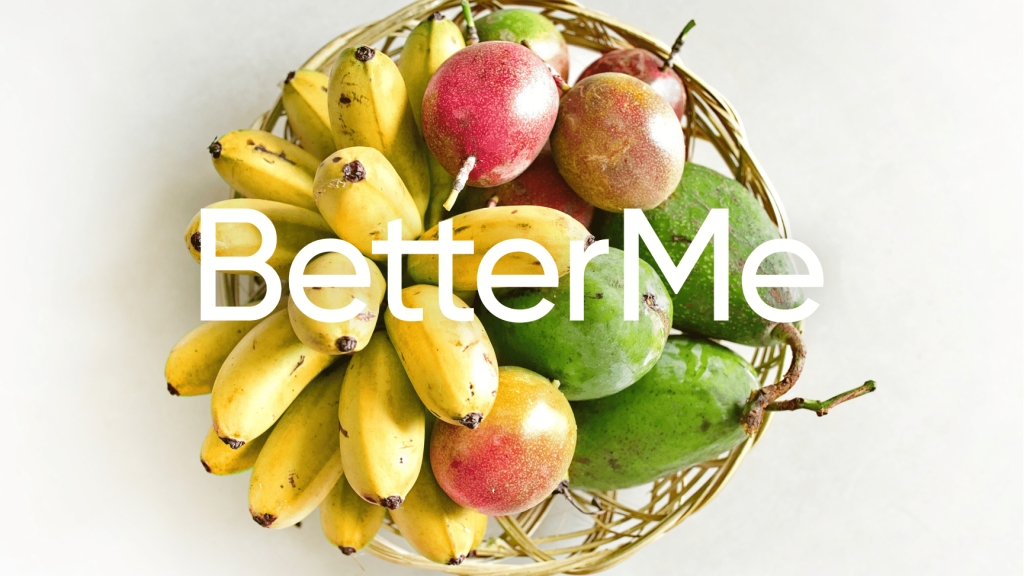Many pregnant women rave about how healthy, shiny and even thicker their hair is during and after their pregnancy. Some see similar improvements in nail health, too. Coincidentally, during this period, women consume more folic acid than usual in the form of prenatal vitamins.
This begs the question – does folic acid help with hair loss? Hair loss can be a very difficult experience, both emotionally and physically. It’s caused by a wide variety of factors, including genetics, hormonal imbalance, poor nutrition, medications and stress.
While it’s not always easy to find a solution to hair loss, there is some evidence that suggests folic acid may be beneficial in preventing hair loss and even promoting regrowth.
In this article, we’ll discuss the causes of hair loss, and how folic acid may be beneficial. We’ll also review the recommended dosage, sources, and potential side effects.
What Is Folic Acid?
Folic acid is a synthetic form of folate, a water-soluble B vitamin. By synthetic, we mean that it’s the man-made version of folate, and it is more stable than its natural counterpart. After it’s consumed, right before absorption it’s converted to an active form of folate called 5-methyltetrahydrofolate (1).
Why not just get folate from food? Well, most people can get by fine on a diet rich in leafy greens, organ meats and legumes. Anyone who eats these foods regularly should have plenty of folate. However, pregnant women need more than their regular diet can provide, and this is where folic acid supplements come in.
People whose diet contains more processed, pre-packaged foods, might not get enough folate in their diet. This is particularly true for people with certain medical conditions that prevent them from properly absorbing folate (e.g. celiac disease). For these people, folic acid is usually the better option.
Read More: What Is Vitamin K2 Good For? A Quick Guide For The Average Joe And Jane
Does Folic Acid Help Hair Growth?
Folic acid is essential for many body functions, but can it help with hair growth? The evidence suggests that folic acid may be beneficial for people experiencing hair loss because it:
Aids Cell Growth And Division
Folic acid helps your body form both red and white blood cells, as well as DNA. It’s involved in the cell division processes required for hair growth and repair. Think about it—each new strand of hair requires new cells to form.
Increases Circulation
Folic acid can also improve circulation in the scalp, since it helps maintain healthy blood vessels (2). Good circulation brings oxygen and other essential nutrients to the hair follicles, which are essential for healthy hair growth. A healthy scalp can also result in more hair volume, shine, and thickness.
Helps Reduce Stress
Stress is one of the main culprits behind hair loss (3). Folic acid helps reduce stress by regulating levels of serotonin, the feel-good hormone. It also aids in the production of noradrenaline and dopamine, hormones that help reduce stress.
Prevents Vitamin B Deficiencies
B vitamin deficiencies have been linked to hair loss and other problems with hair health (4). Folic acid is a B vitamin, so supplementing with it can help prevent deficiencies.
Treats Anemia
Folic acid can also help with anemia, a condition linked to hair loss (1). Anemia is caused by a lack of healthy red blood cells, and folic acid helps the body form healthy new red blood cells.
Regulates Hormone Balance
Hormonal imbalance is one of the most common causes of hair loss. Folic acid helps regulate hormone activity, which can help maintain a healthy balance and reduce the risk of hair loss (1).
Supports Immunity
Folic acid helps keep your immune system strong, which is important for overall health and hair growth. Poor immunity can lead to weakened hair follicles, which can cause thinning and breakage (1).
Prevents Premature Graying
Folic acid has also been linked to preventing the premature graying of hair. While it’s not clear why this happens, some researchers believe that folic acid helps reduce oxidative stress (which can cause premature graying).
Another possible explanation is that folic acid helps maintain the production of methionine (an amino acid) which is important for healthy hair growth and color.
Whether you’re looking to simply pep up your fitness routine, jazz up your diet with mouth-watering low-calorie recipes or want to get your act together and significantly drop that number on your scale – BetterMe app has got you covered! Improve your body and revamp your life with us!
How Much Folic Acid Do I Need For Hair Growth?
The recommended daily dose of folate or folic acid for adults is 400 mcg (micrograms). A diet rich in leafy greens, organ meats and legumes should provide enough folate for most people.
However, if you’re not getting enough folate in your diet, or if you’re experiencing hair loss, a supplement containing folic acid may help. Below are some signs of folate deficiency:
- Fatigue
- Weakness
- Difficulty concentrating
- Headaches
- Pale skin
- A sore tongue
- Digestive issues
If you’re experiencing any of these symptoms, talk to your doctor about taking a folic acid supplement.
There’s no consensus on how much extra folic acid should be taken for hair growth, but most experts recommend taking only the amount needed to treat any deficiency.
Taking too much folic acid can cause side effects such as nausea, diarrhea, and abdominal cramps. It won’t have any additional benefit for hair growth, so it’s best to stick to the recommended dosage of 400 mcg per day. In extreme cases, too much folic acid can cause serious side effects such as seizures and weakened bones.
What Are The Best Food Sources Of Folic Acid?
A whole-food diet should provide enough folic acid for most people. Good sources of naturally occurring folate include:
- Dark, leafy greens – Spinach, kale, turnip greens, and collards
- Beans and legumes – Lentils, garbanzo beans, kidney beans, black-eyed peas
- Citrus fruits – Oranges, grapefruits, lemons
- Nuts – Almonds, peanuts, pecans
- Organ meats – Liver and other organ meats
- Fortified breakfast cereals – Check nutrition labels for folic acid
- Poultry – Chicken, turkey, and duck
- Wheat germ
- Avocados
To get the most benefit out of these foods, they should be minimally processed. For example, canned spinach does not provide the same amount of folate as fresh spinach. The best way to ensure you’re getting enough is to focus on a balanced diet that includes a variety of whole foods.
What Causes Hair Loss And Thinning?
Before you head out to the store for folic acid supplements, it’s important to understand why you’re experiencing hair loss in the first place.
It’s normal to lose a few strands (50-100) a day due to the natural hair growth cycle. However, when more than that starts to come out, it’s time to look at the possible causes.
Some of the most common causes include:
Aging
As we get older, our follicles naturally slow down production. In part, this is due to a decrease in hormones like estrogen and testosterone. It’s also attributable to the weakening of the follicles themselves, due to age-related wear and tear.
Genetics
Many people experience hair loss due to certain genetic factors. This is known as androgenetic alopecia, or male-pattern baldness. It usually runs in families and is more common in men than women.
Read More: Discover 6 True Vitamin E Benefits For Hair And Scalp
Hormone Imbalances
Changes in hormone levels – due to pregnancy, menopause, thyroid problems or other illnesses – can cause temporary hair loss. This is because hormones play an important role in regulating hair growth.
Stress
High levels of stress can lead to hair loss. Repeated exposure to the hormone cortisol (the body’s primary stress hormone) can lead to a condition called telogen effluvium, which causes the hair follicles to enter a resting state.
Medical Conditions
Certain medical conditions – such as alopecia areata, lupus and lichen planus – can cause hair loss. For some people, it’s a result of a reaction to medications they’re taking.
Nutritional Deficiencies
Nutritional deficiencies can lead to hair loss as well. When the body lacks certain vitamins and minerals, like iron, zinc, and vitamins B6 and B12, the hair follicles don’t receive the necessary nutrients to stay strong.
Lifestyle Habits
Research has shown that smoking, excessive alcohol consumption and crash dieting can lead to hair loss. These habits interfere with the body’s ability to absorb and utilize essential nutrients, making it more difficult for follicles to stay healthy.
Hair Care Regimens
Using certain styling products regularly and exposing your hair to high temperatures (from blow dryers, flat irons, etc.) can damage the hair follicles, leading to breakage and thinning. Hairstyles that pull on the hair, such as braids and cornrows, can also cause traction alopecia.
If you struggle to even flirt with the idea of giving up your favorite foods or working out till your legs give way – BetterMe app is here to breathe a fresh perspective into the way you view the weight loss process! Check out the app and experience the fun side of fitness and dieting with BetterMe!
Additional Strategies To Minimize Hair Loss
In many cases, hair loss can be reversed or prevented if you make the necessary lifestyle changes. Here are a few strategies to consider:
1. Eat A Nutrient-Dense Diet
We’ve discussed how a whole foods diet can provide enough folate for hair health. Such a diet can also provide the body with other essential vitamins and minerals that nourish and protect the follicles.
More specifically, you’ll need foods rich in:
- Vitamin B2/ Riboflavin – found in dairy products, eggs, meat and legumes
- Vitamin B7/Biotin – found in almonds, eggs, avocados and spinach
- Iron – found in oats, lentils, pumpkin seeds and beef
- Vitamin B12 – found in beef, cheese, tuna and eggs
- Selenium – found in Brazil nuts and seafood.
While at it, you’ll avoid over-processed and refined foods. These foods have been stripped of their nutrient content, which means they won’t be much help when it comes to nourishing your follicles.
2. Establish A Hair Care Routine
It’s important to keep your scalp and follicles healthy by using the right hair care products. Wash your hair at least twice a week and avoid harsh chemicals like dyes, bleaches and relaxers. Also, be sure to use a heat protectant spray when styling your hair with a curling or flat iron.
3. Practice Stress Management
Chronic stress can cause your body to produce more cortisol and other hormones that can lead to hair loss. To keep your stress levels in check, try the following:
- Exercise regularly – Physical activity can help reduce stress and boost endorphin levels.
- Sleep – Aim for 7-9 hours of good quality sleep every night.
- Yoga and meditation – These activities can help relax your mind and reduce stress
- Journaling – Writing out your thoughts and feelings can help you process them in a healthy manner.
The Bottom Line
In conclusion, folic acid may be beneficial for people experiencing hair loss. It helps maintain healthy circulation and reduce stress, both of which are essential for healthy hair growth. Folic acid also helps prevent vitamin B deficiencies and treat anemia, two conditions that can cause hair loss.
Taking too much folic acid can have side effects, so it’s best to stick to the recommended daily dose of 400 mcg. If you think you may have a folate deficiency, talk to your doctor about taking a supplement.
In addition to taking folic acid, it’s important to maintain a balanced diet and manage stress levels in order to keep your hair looking and feeling its best. With the right combination of nutrition, lifestyle choices, and supplements, you can help prevent hair loss and promote healthy growth.
DISCLAIMER:
This article is intended for general informational purposes only and does not address individual circumstances. It is not a substitute for professional advice or help and should not be relied on to make decisions of any kind. Any action you take upon the information presented in this article is strictly at your own risk and responsibility!
SOURCES:
- Folic Acid (2022, nih.gov)
- Folic acid ingestion improves skeletal muscle blood flow during graded handgrip and plantar flexion exercise in aged humans (2017, nih.gov)
- How stress causes hair loss (2021, nih.gov)
- The Role of Vitamins and Minerals in Hair Loss: A Review (2019, nih.gov)

















